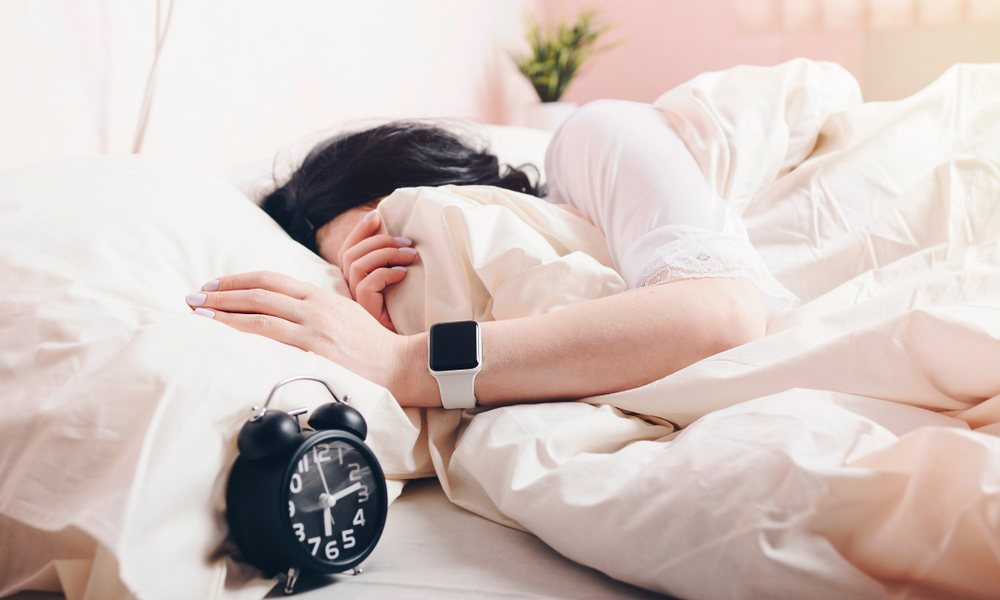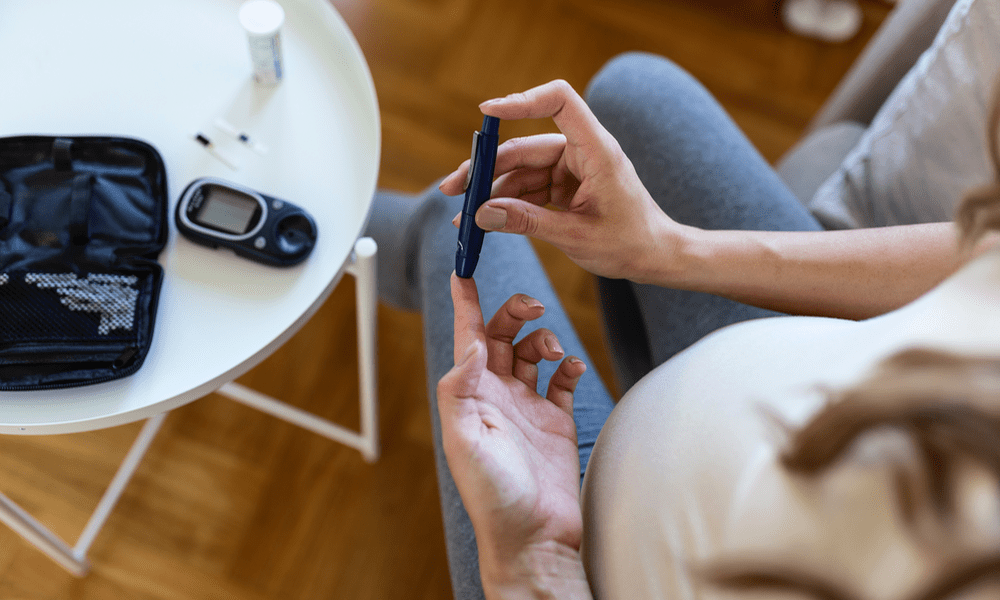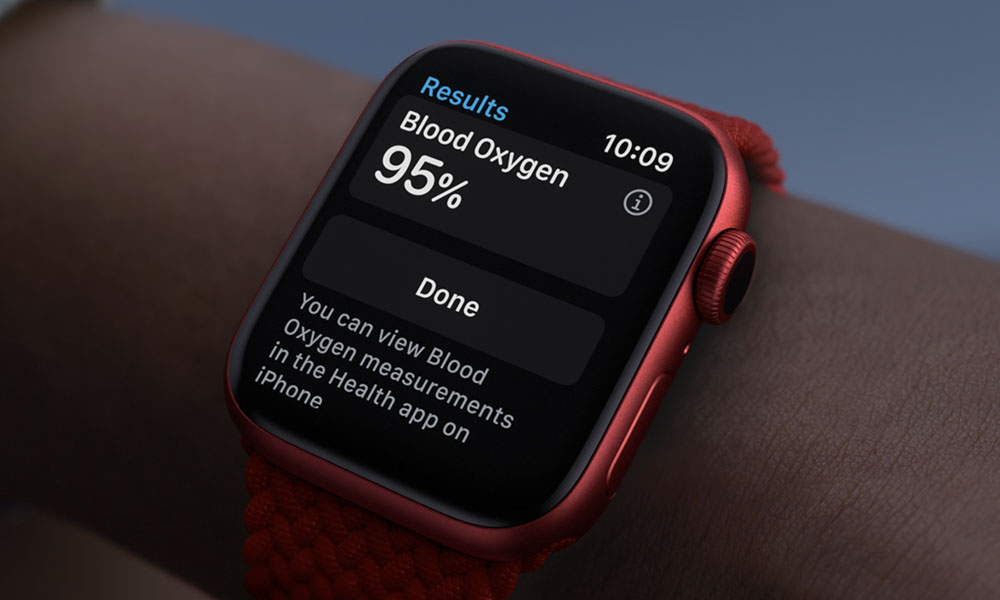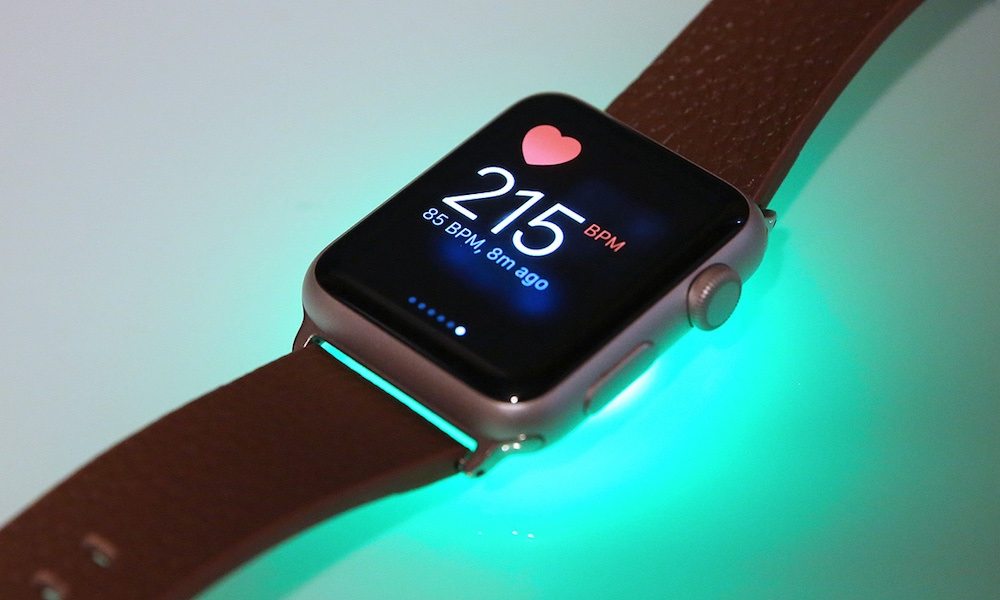This Year’s Big Apple Watch Series 10 Health Feature May Be Sleep Apnea Detection
 Credit: Photosumm / Shutterstock
Credit: Photosumm / Shutterstock
Toggle Dark Mode
In the early days of the Apple Watch, we saw new health sensors and monitoring features introduced on nearly every new model. This has slowed down quite a bit over the past few years, and it seems like even next week’s purported tenth-anniversary edition of the wearable isn’t slated to reveal any groundbreaking health initiatives.
Rumors have been circulating that the Apple Watch Series 10 could include sleep apnea detection and simple hypertension monitoring. However, now it seems that Apple will only be adding one of those two features, and even that may not show up at launch.
Most of the reliable inside info on the Apple Watch Series 10 has come to us via Bloomberg’s Mark Gurman. While his sources likely reflect what Apple is working on, health features are tricky, and not everything passes muster.
This year, it seems that the only feature that has any hope of finding a foothold on the Apple Watch Series 10 will be the new sleep apnea detection. Still, Gurman says it may not be available right away, possibly due to the challenges Apple has faced with its blood oxygen sensing technology in the US.
A major new health feature is coming, though: sleep apnea detection, which will build on the existing sleep tracking. This feature will attempt to determine if a wearer has sleep apnea and then suggest further testing with a medical professional. While Apple has been preparing to announce it, the enhancement may not be available on day one of the new model going on sale.Mark Gurman
Apple has been embroiled in a patent dispute for the past few years that ultimately resulted in the US International Trade Commission (ITC) banning the wearable from sale on the basis that Apple is infringing on technology owned by Masimo, a California-based health technology company that’s also accused Apple of trade secret theft. Apple has been able to continue selling a modified version of the Apple Watch in the US by disabling the blood oxygen sensing technology at a software level rather than removing it entirely. That change can eventually be reversed should Apple prevail in its appeal to have Masimo’s patents invalidated and get the ITC ruling overturned — or when the patents expire in 2028.
In the meantime, since the ITC ruling only applies in the United States, it’s business as usual for the rest of the world, where the Apple Watch Series 9 and Apple Watch Ultra 2 are still sold with fully functioning blood oxygen sensors. This will likely continue for the Apple Watch Series 10 (and Ultra 3), with the US models packing disabled blood oxygen sensors that can eventually be switched on.
There’s been no evidence that [blood-oxygen sensing] is returning in time for the latest models, and that may affect whether users want to upgrade their existing watches to versions that won’t have the function.Mark Gurman
However, sleep apnea detection relies partially on blood oxygen sensing to do its thing, which could make things tricky in light of the ban. Apple may try to convince the ITC and US Customs that indirect use of the blood oxygen sensor doesn’t violate Masimo’s patents, but it’s likely to kick off another round of legal wrangling. As things stand now, Masimo is still trying to convince US regulators that Apple needs to remove the hardware entirely to avoid infringement.
Still, this is a US-only problem, so it begs the question of whether Apple would be willing to hold back a useful health feature from the rest of the world just because it can’t be released in the US right now. It would be an ironic twist for a company that typically launches new features on its home soil first, but it’s certainly possible that Apple could roll out sleep apnea detection in other countries right away while saying that it’s “coming later” to the US.
Samsung’s latest Galaxy Watch 7 and Galaxy Watch Ultra models could make Apple reluctant to delay its sleep apnea features, as it would give its rival a rare advantage in health technology. Until now, Samsung’s smartwatches have lagged behind the Apple Watch in most health-related areas; at best, they get a brief lead only because Samsung typically launches its smartwatch lineup a few weeks before Apple’s September events.
Meanwhile, one area that Samsung has lapped Apple in is blood pressure monitoring. Although it remains unavailable in the US and is a bit finicky to set up and use, it works. Apple has been working on a hypertension feature that was supposed to materialize this year, but Gurman says it’s been shelved for now and is “no longer in the cards for an immediate release.”
Gurman doesn’t offer any other information, but we’re guessing it’s because Apple still can’t get it working reliably. Apple has been wrestling with accurate blood pressure monitoring for a few years but gave up on providing exact systolic and diastolic measurements in favor of basic monitoring that would alert the wearer to signs of high blood pressure and recommend they check it out with a proper measurement tool. While Samsung’s smartwatches can provide specific measurements, they also require regular calibration against a proper blood pressure cuff at least once a month. We don’t know if Apple has considered that approach, but it doesn’t seem like something Apple would want to put its customers through.

The other prominent health feature we’ve been hearing about for years, non-invasive blood glucose monitoring, isn’t likely to be ready anytime soon, so don’t expect it for this year’s Apple Watch Series 10. Apple has reportedly been trying to crack this nut for well over a decade. While recent developments have shown some promise, it’s still a long way from meeting the standards required to put it into a consumer product, much less being small enough to fit into an Apple Watch.
Nevertheless, sleep apnea monitoring will be a welcome addition for millions of people who struggle with this condition — and sometimes don’t even know it. In that sense, it could be as life-improving as the atrial fibrillation (Afib) detection that Apple added to the Apple Watch Series 4, which helped to diagnose a heart condition that many people are unaware they have.
[The information provided in this article has NOT been confirmed by Apple and may be speculation. Provided details may not be factual. Take all rumors, tech or otherwise, with a grain of salt.]









